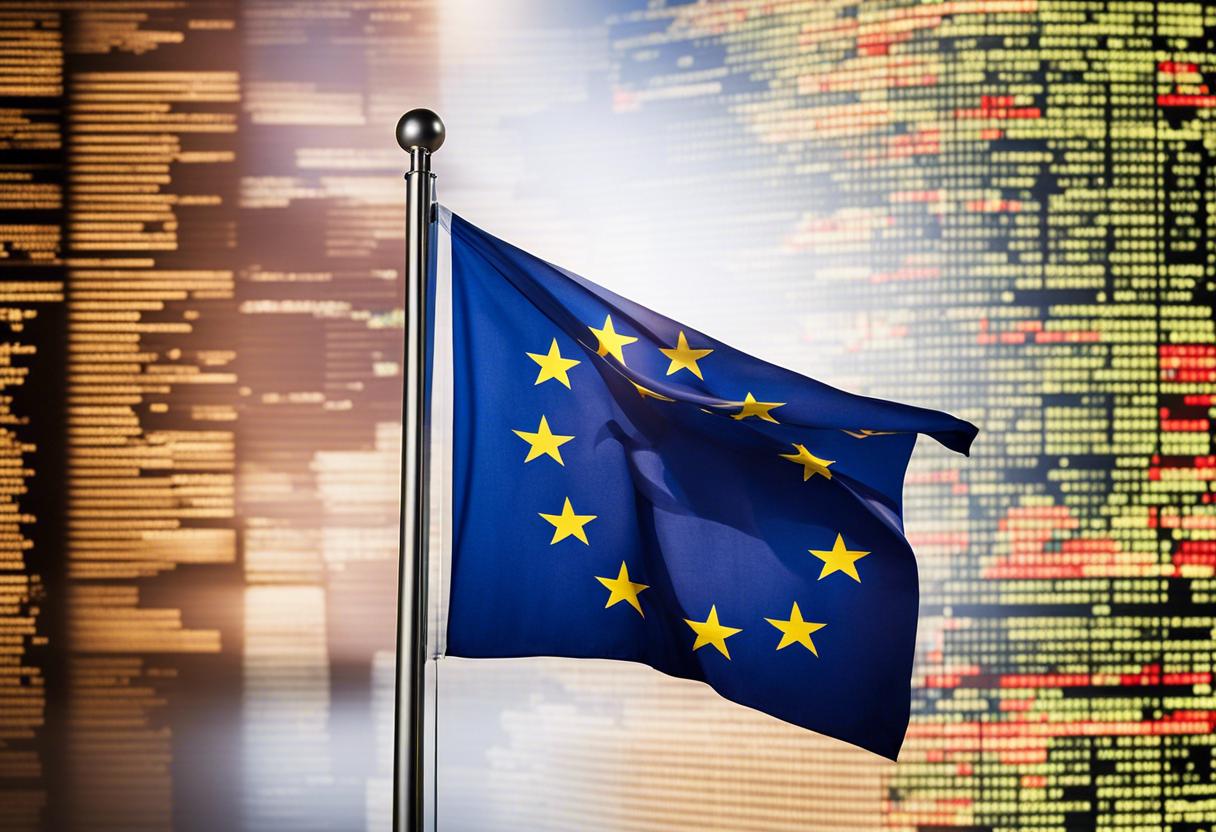European Union finance ministers are gathering to deliberate on aligning withholding tax systems across the EU following a previous major scandal that saw discrepancies across borders manipulated in a significant financial scam. On Tuesday, the Ecofin conference consisting of EU ministers in Brussels is seeking alignment on advancing the modifications to the withholding tax, with enforcement anticipated by the decade’s end.
A fraudulent plot that estimated a loss of billions of euros to European tax bodies over a twenty-year span was enabled by gaps and inconsistencies in tax structures. This fraudulent arrangement, referred to as cum-ex, involved a group of traders, hedge funds, asset managers, and banks obtaining multiple reimbursements on a dividend withholding tax that was paid just once, or never, via a complex chain of transactions.
The term Cum-ex is a Latin-derived term meaning “with without,” and the scheme operated through the coordinated purchase and sale of massive amounts of shares around the times when company dividends were paid. This resulted in ambiguity about who qualified for a withholding tax refund on dividends, permitting multiple claims.
In June, the European Commission, which initiates legislative changes, suggested alterations to the withholding tax systems, noting past tax abuses such as the cum-ex scandal. Finance Minister Michael McGrath expressed Ireland’s agreement with the reforms on Tuesday. He stated these changes would lead to greater harmonisation of withholding tax treatment across EU member states, particularly concerning refunds.
He believed this would streamline the administration of the withholding tax system across member states, which would prove beneficial to businesses and tax authorities. If the EU approves the proposal, Ireland would have until decade end to implement the changes, according to McGrath. He noted the reforms would be cognisant of past abuses of the withholding tax rules seen in the cum-ex scheme.
In a separate report, data revealed that most businesses who accumulated tax debt during the Covid-19 pandemic have begun repayments in consultation with Revenue.
The Revenue deferred tax debts totalling €3.2 billion as a support measure for businesses during the pandemic. Of this sum, less than €200 million is owed by businesses that haven’t yet made contact with Revenue to arrange interest free repayment plans.
Mr McGrath issued a plea to the remaining 11,700 businesses who haven’t fully engaged with the scheme to make contact as soon as possible. The major part of this group is 800 businesses that are more than €50,000 in tax debt, which has temporarily been deferred.
Revenue has had to write off an additional €120 million as these businesses have either become insolvent or have gone bankrupt. Mr McGrath had always anticipated that some of the total amount would not be retrievable. Considering the harsh times during Covid-19, he believes that proportion is relatively small in relation to the total debt of €3.2 billion. He had feared a higher proportion would ultimately go uncollected.
Calling it the “last chance”, Mr McGrath urged businesses to take advantage of the interest free repayment scheme. If they refrain from doing so, he warned that Revenue will resort to their conventional methods with normal interest rates to recover the previously suspended debt.

